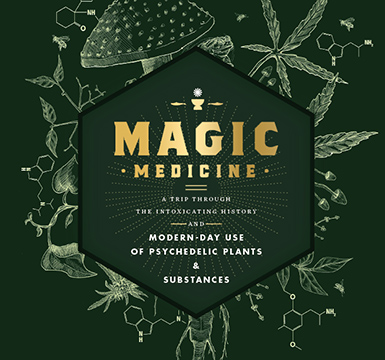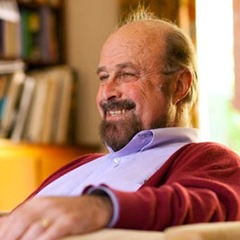research

Veteran Explains How MDMA Therapy Helped Him Overcome PTSD
In a recent “Ask Me Anything” session on Reddit, Iraq War veteran Tony Macie opened up about how he overcame his treatment-resistant PTSD through experimental MDMA-assisted therapy. Here’s his introduction: My name is Tony Macie, and I am a retired Sergeant of the U.S. Army. I spent 15 long months in Iraq during the surge in 2006 and 2007. When I returned home from the war, I was diagnosed with post-traumatic stress disorder (PTSD) resulting from a lot of issues ranging from what I experienced during combat and some of the disconnect with my brothers in arms when...
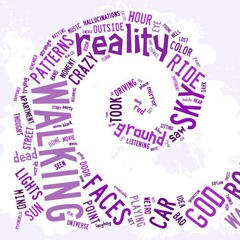
Word Clouds Show What It’s Like to Be on Drugs
What does the language of drug experience look like? What words do we turn to again and again to describe an LSD trip or a cannabis high? Rehabs.com has created some slick graphics to answer these questions (although they are not the first). They performed “extensive linguistic analysis on thousands of written user experiences” drawn from the Erowid database. The graphics cover eight popular drugs, including LSD, DMT, MDMA, and mushrooms. The words shown are the ones most unique to each particular drug, and the size of each word indicates its frequency in user reports. One major problem with an...
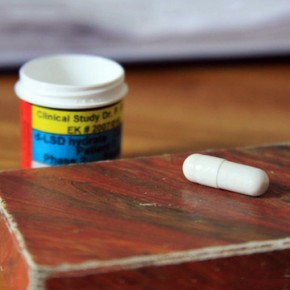
MAPS Completes First New Therapeutic LSD Study in 40 Years
Update 5 March 2014: The study has been published, and the final copy is available here. Rick Doblin, the founder and president of MAPS, said this in a recent “Ask Me Anything” interview on Reddit: We’ve just completed the world’s first study of the therapeutic use of LSD in over 40 years, in Switzerland to treat anxiety associated with end-of-life issues. Eleven of the 12 subjects had never done LSD before and there were no serious adverse events, even in people facing death. This recently completed Swiss study is truly momentous — it’s the first “double-blind, placebo-controlled investigation of LSD-assisted...
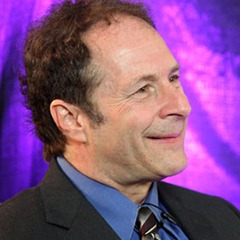
“Ask Me Anything” Reddit Interview with Rick Doblin & MAPS
Yesterday, Rick Doblin and ten other MAPS staff members engaged in an online “Ask Me Anything” session on Reddit. The turnout was phenomenal. Questions ran the gamut from personal (“Have you ever tried psychedelics?”) to political (“Will the legalization of psychedelics will come next after marijuana?”) and much more. Several posters asked about minimizing the risk of MDMA toxicity, while others were curious about treatments for cluster headaches, depression, autism, and other conditions. A couple people even asked if MAPS accepts Bitcoin (as of yesterday, they do). As you might expect, the answers from MAPS staff were incredibly...
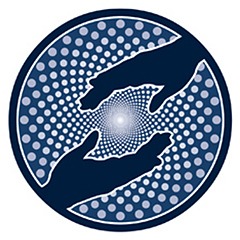
Help Heal Trauma Survivors by Supporting MDMA Research
MAPS, the Multidisciplinary Association for Psychedelic Studies, has been an instrumental force in psychedelic research and advocacy since its formation in 1986. In my opinion, this non-profit organization has done more to establish psychedelics as legitimate medicines than anyone else in the world. Their biggest project is proving the safety and effectiveness of MDMA-assisted therapy as a treatment for post-traumatic stress disorder (PTSD). They have performed a number of studies around the world indicating its effectiveness — even with the one-third of PTSD patients who do not respond adequately to other treatments. As you can imagine, MAPS does...
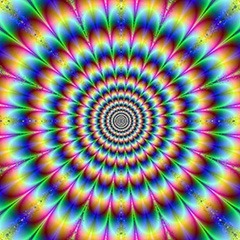
Psychedelics Linked to Lower Risk of Mental Illness
It seems that all the best news about psychedelics lately is coming from scientists. You know, those people whose job it is to discover the truth even if it flies in the face of cultural and legal prejudices? Turns out the truth about psychedelics is not so convenient for those who insist on banning them. In a new study, a Norwegian neuroscience team has found that use of psychedelic drugs is not associated with increased risk of mental health problems. In fact, psychedelic users were shown to have a lower risk of mental health issues, including psychosis, anxiety, mood disorders,...
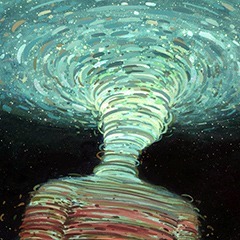
A Treatise on Psychedelics Part 3/3: The Implications
This guest post by Martijn Schirp continues from Part 1 and Part 2, discussing the Interdisciplinary Conference on Psychedelic Research that he attended. It was originally published on higHExistence.com. What are the larger implications of the mystical experience? One aspect of the mystical experience is what psychology calls “ego death.” If we anchor our worldview on the self and constantly think self-oriented thoughts, we are blinded to our interconnection with everything around us. This privatized perspective is utterly destructive to everything alien to it. Psychedelics can “kill” the ego responsible for this self-oriented perspective, opening us up to a greater, more boundless reality. Some thinkers,...
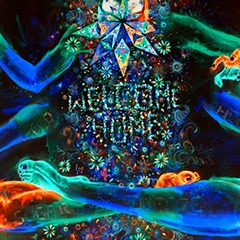
A Treatise on Psychedelics Part 2/3: The Mystical Experience
This guest post by Martijn Schirp continues from Part 1, discussing the Interdisciplinary Conference on Psychedelic Research that he attended. It was originally published on higHExistence.com. If we recognize the plant as an autonomous power which enters in order to put roots and flowers in us, then we distance ourselves by several degrees from the skewed perspective which imagines that spirit (Geist) is the monopoly of human beings and doesn’t exist outside of them. A new world-picture has to follow the planetary leveling; that is the task which the next century will take up. –Ernst Jünger, The Plant as Autonomous Power. Where are the...
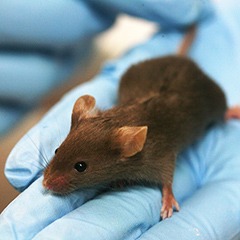
Low dose psychedelics increase neurogenesis, help mice unlearn fear
A new study of mice published in Experimental Brain Research shows that low doses (but not high doses) of psychedelics increase the rate of neuron creation in the hippocampus, and help the mice to rapidly unlearn conditioned fear responses. From the abstract (paragraph breaks added for readability): Drugs that modulate serotonin (5-HT) synaptic concentrations impact neurogenesis and hippocampal (HPC)-dependent learning. The primary objective is to determine the extent to which psilocybin (PSOP) modulates neurogenesis and thereby affects acquisition and extinction of HPC-dependent trace fear conditioning. PSOP, the 5-HT2A agonist 25I-NBMeO and the 5-HT2A/Cantagonist ketanserin were administered via an acute intraperitoneal injection...
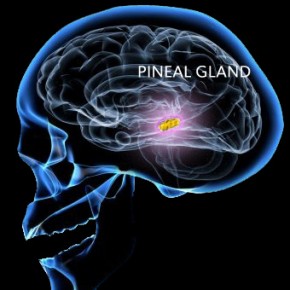
DMT Found in the Pineal Glands of Live Rats
Cottonwood Research, a foundation dedicated to studying consciousness and headed by Rick Strassman, is publishing a study that confirms the existence (and, they argue, production) of dimethyltryptamine in the pineal glands of rats. This paves the way for further research to determine whether endogenous DMT in humans also originates in the pineal gland, as has been speculated by Strassman and others. From their website: We’re excited to announce the acceptance for publication of a paper documenting the presence of DMT in the pineal glands of live rodents. The paper will appear in the journal Biomedical Chromatography and describes experiments that...

